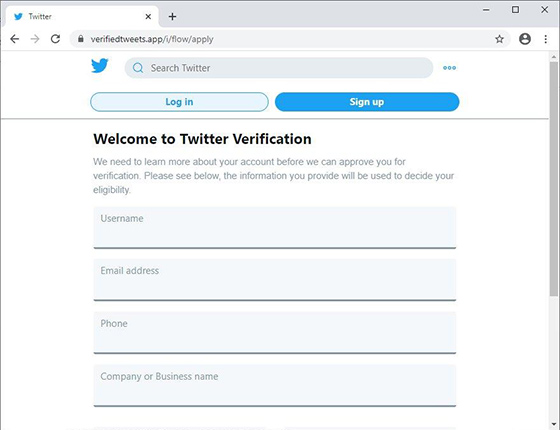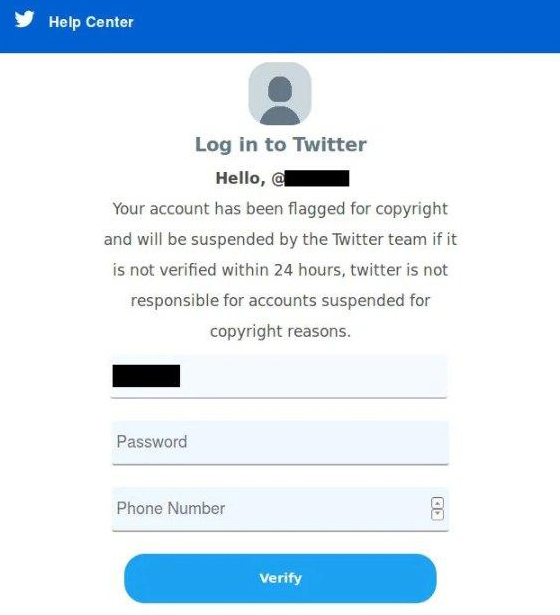Fri 25 Sep 2020
Social network phishing attacks are an escalating peril
Posted by Matt under General, Security
No Comments
Con artists are homing in on users’ social network accounts via phishing messages disguised as verification requests or copyright infringement alerts.
Social networks such as Facebook, Instagram, Twitter, and TikTok boast huge user audiences and therefore increasingly lure online scammers. By obtaining credentials for numerous accounts, threat actors can mishandle the unauthorized access to perpetrate fraudulent initial coin offerings (ICOs) or controversial propaganda. In some cases, crooks simply sell these details on hacker forums.
Unsurprisingly, social network accounts have become a pricey asset in the cybercriminal circles and need to be safeguarded accordingly. Since early August 2020, security researchers have been observing a spike in phishing stratagems that zero in on social network users.
The two dominant forms of these scams are described below. Go over the information to identify these hoaxes if they happen to hit you.
Bogus account verification pages
A massive phishing wave that has been gaining traction recently involves false claims about giving a user a verified badge on Twitter, Instagram, and TikTok. The first two social networking platforms are being targeted the most. The essence of the scam is to instruct would-be victims to enter their username and password in a page camouflaged as an official verification form, with all the branding elements being in their place.

The growingly popular TikTok service is in the epicenter of a similar campaign, where malefactors promise video bloggers a nifty verification badge in exchange providing sensitive information on a rogue site.
Regardless of the social network being impersonated, the distinguishing hallmark of the phishing pages’ URLs is that they include the string “badge” or “verified”. This pattern should give users a heads-up if encountered. Obviously, the credentials instantly go to scammers if typed in a pseudo-verification form.
Spoofed copyright infringement alerts
One more common phishing scam with a flavor of social networking is masqueraded as a copyright violation for a user’s recent post. The bogus warning pages claim that the Twitter or Instagram account will be suspended within 24 hours unless its owner signs in and provides the appropriate arguments on the matter.

A clever move of the fraudsters is that fake Instagram copyright violation notices include the target’s real profile image. This quirk makes the scam look more trustworthy. In some cases, bad actors also try to wheedle out the email account password. If given away, this access allows hackers to expand the attack surface and compromise other personal accounts.
A clue that indicates a likely scam is that the URLs of the landing pages include the words “violation” or “copyright”. If noticed, this red flag should discourage you from entering personally identifiable information on that resource.
How to avoid these phishing frauds
An important precaution is to turn on two-factor authentication (2FA) on your social network accounts. This way, crooks cannot log in unless they have access to your smartphone which receives a secret code for confirmation. If you aren’t lucky and fall victim to one of these scams, be sure to change your password immediately.
No Responses to “ Social network phishing attacks are an escalating peril ”